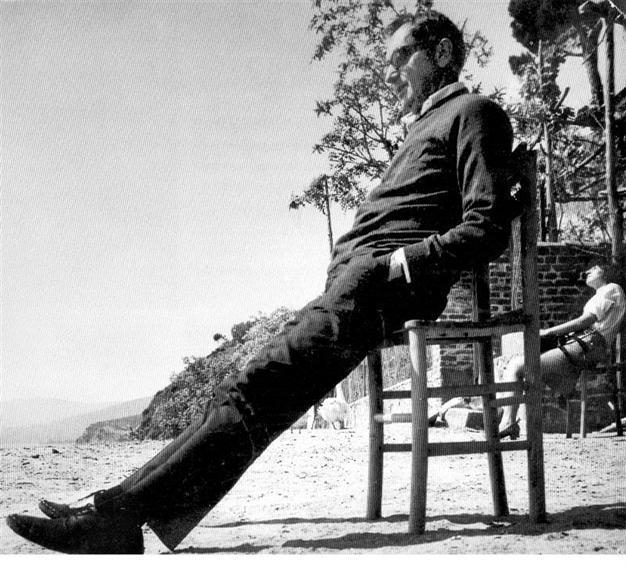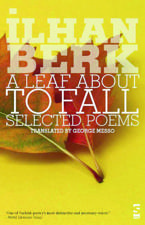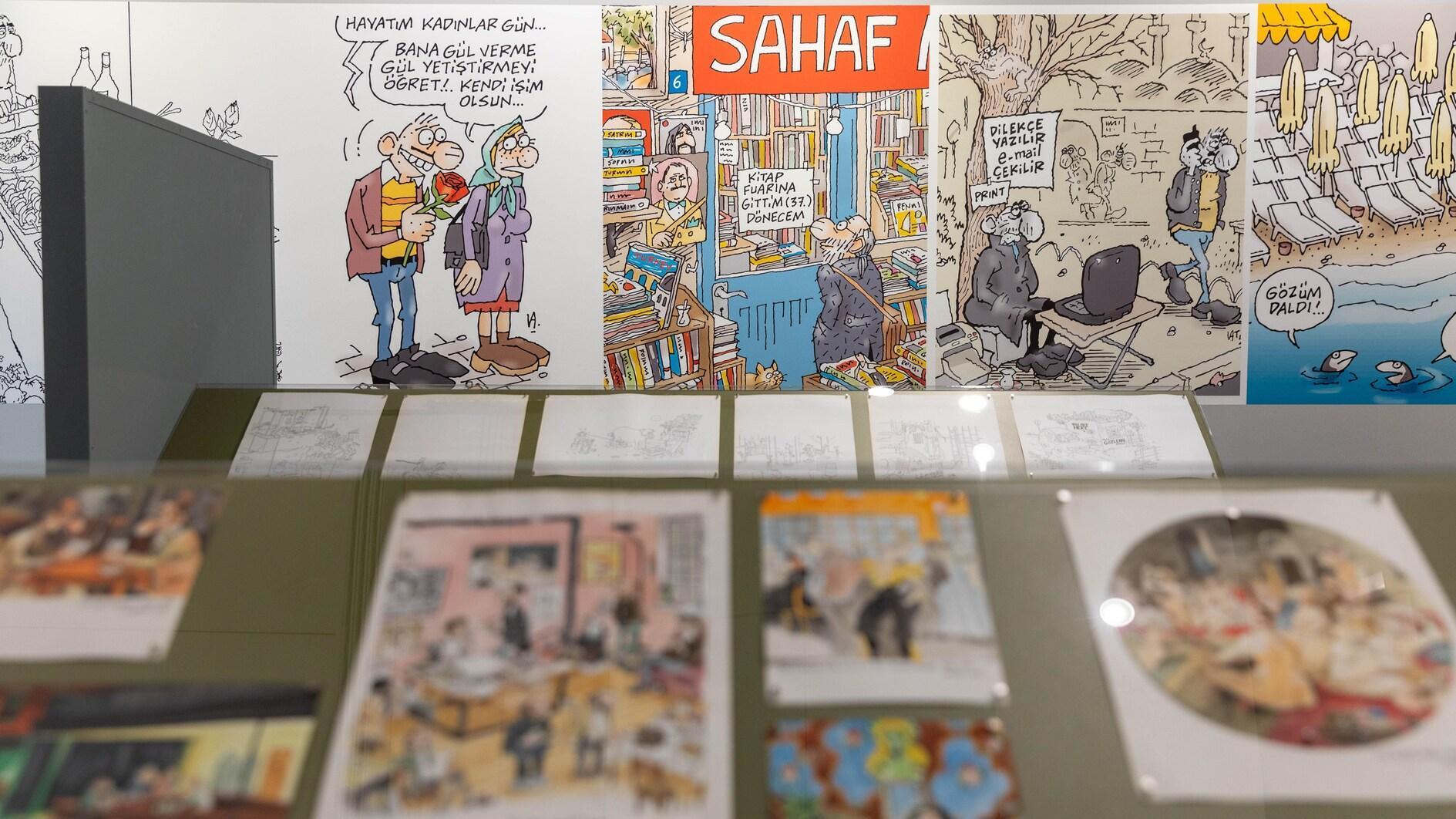Selected poems of İlhan Berk
William ARMSTRONG - william.armstrong@hdn.com.tr
 ‘A Leaf About to Fall: Selected Poems,’ by İlhan Berk, translated by George Messo (Salt Publishing, 160 pages, £11)
‘A Leaf About to Fall: Selected Poems,’ by İlhan Berk, translated by George Messo (Salt Publishing, 160 pages, £11) Two major impulses can be identified in republican era Turkish poetry: The explosion of the “First New” movement of the Garip (strange) poets, and the implosion of the “Second New” movement. Until well into the republican period, Turkish poetry was dominated by arcane Ottoman conventions full of rigid, ornate rules, but the modernizing language reforms of the 1920s and 1930s would inevitably be felt in poetry. The great Nazım Hikmet was the pioneer to revolutionize poetic language and shatter the old inviolate codes, and the Garip poets sought to build on Hikmet’s status-quo smashing, emphasizing simplicity and directness while addressing the reading masses. The work of Orhan Veli Kanık remains the apogee of the “First New,” full of everyman joie de vivre and impish looks at modern life.
Two major impulses can be identified in republican era Turkish poetry: The explosion of the “First New” movement of the Garip (strange) poets, and the implosion of the “Second New” movement. Until well into the republican period, Turkish poetry was dominated by arcane Ottoman conventions full of rigid, ornate rules, but the modernizing language reforms of the 1920s and 1930s would inevitably be felt in poetry. The great Nazım Hikmet was the pioneer to revolutionize poetic language and shatter the old inviolate codes, and the Garip poets sought to build on Hikmet’s status-quo smashing, emphasizing simplicity and directness while addressing the reading masses. The work of Orhan Veli Kanık remains the apogee of the “First New,” full of everyman joie de vivre and impish looks at modern life.Just as the Garip movement reacted against the rigidity of traditional poetry, the diverse figures of the “Second New” emerged in response to the work of the Garip poets. While they sought to build on its innovations, they also resisted what they saw as its restrictive tendency to address “ordinary” concerns. Inspired (however belatedly) by the European avant-garde, the challenging poetry of the “Second New” disrupted word order and grammatical rules, deformed lines, and dismissed the simplicity of the Garip poets’ language. As İlhan Berk wrote in the afterword to this selection of his poems, defending the “implosive” impulse of his work: “The language of poetry is a language used nowhere else … Poetry is a hidden spring. It cannot be opened or explained; the thing it wants to explain, to show, is itself.”
The introduction to this volume, written by Berk’s translator George Masso, situates the “Second New” squarely in the context of Turkey’s sociopolitical conditions at the time. Masso claims, probably too conveniently, that the urban Garip poets were infused with the youthful spirit of the new republic, while the later “Second New” poets reflected the messy middle decades of the 20th century, when the optimism of the early republican years had dissipated. “It’s little wonder that the First New’s naïve, optimistic celebrations seemed to many poets, including Berk, tragically out of place … [in the] climate of violent, psychotic political paranoia, the Second New took nothing for granted, not even meaning itself,” he suggests. The result, exemplified by Berk, was a kind of radical solipsism, generally avoiding overtly social details:
“A swift, a puddle, a piece of sky.
They must have dropped from a poem.
So said the passerby.”
Masso’s translations are mostly deft, with the original free verse giving him license to interpret loosely.
“The sole key that opens and closes the poem is the image,” Berk wrote, and it’s true that his most characteristic poetry is turned inwards to create a discordant, disorienting collection of fragmented images - as if a 19th century French symbolist had emerged 100 years later in Turkey. Like Rimbaud, many in Turkey viewed Berk as a literary enfant terrible, while others derided his linguistic experimentalism as the work of a derivative French renegade. The truth, rather boringly, is probably somewhere in between, but he is certainly worth reading.










